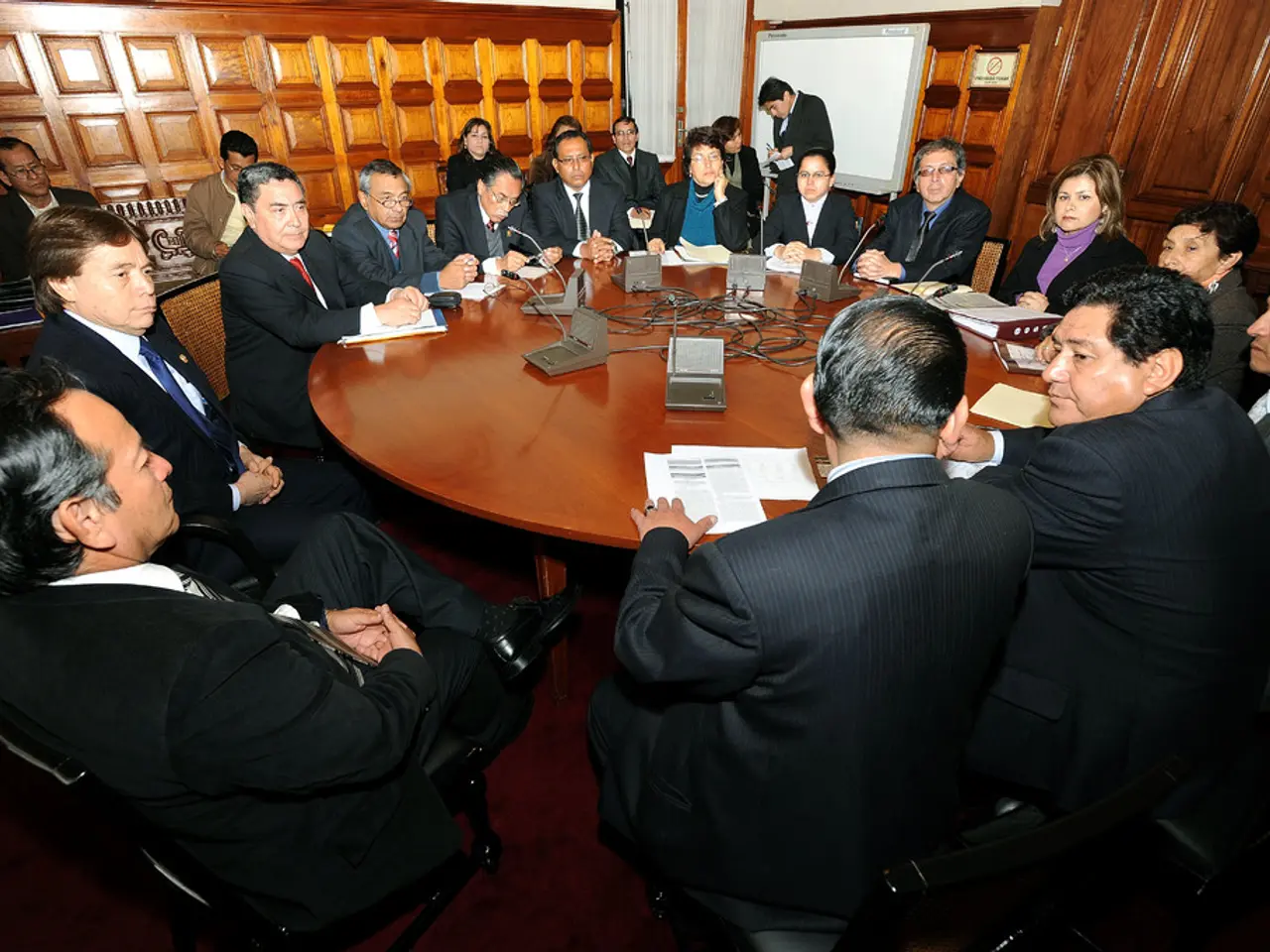Advertising's high-wire act: Amul's response to Coldplay debacle offers a lesson in strategic promotion on the fly
In the world of fast-paced marketing, brands often strive to capitalize on trending moments to boost their engagement. However, a series of recent incidents has highlighted the potential pitfalls of such strategies, with the Amul and Coldplay affair being a notable example.
Last year, food delivery platform Zomato found itself at the receiving end for its casteist messaging in a World Environment Day campaign. The incident serves as a reminder that brands must exercise restraint and avoid exploiting sensitive topics to maintain their reputation.
Meanwhile, American marketing veteran Jean Burke-Spraker commended an Amul ad on LinkedIn, stating it as a creative success. The ad referenced an old Bollywood tune and the kiss cam moment from a Coldplay show, but it was met with mixed reactions from consumers. Critics like Vikas Nowal, CEO at Interspace Communications, found the ad tone deaf and in poor taste.
The viral clip showed an affair between two colleagues from American software solutions firm Astronomer at a Coldplay show in Boston. The incident led to the resignation of the CEO and HR head of Astronomer. Brands like IKEA Singapore, Nando's Australia, Duolingo, and Pizza Hut Malaysia capitalized on the scandal with moment marketing campaigns, but these were generally perceived as tone deaf and insensitive.
Brands should stay on-brand and relevant when responding to such incidents. Karthik Srinivasan, a communications strategy consultant, suggests having a 'compulsive naysayer' in the team to counter-check ad campaigns before they are launched.
In the Coldplay incident, brands like Bombay Shaving Company were criticized for capitalizing on online bullying of individuals for their campaigns. Marketing and advertising experts agree that brands should have stayed away from the Coldplay ad due to its controversial nature.
Several brands have been issued legal notices for using images of individuals without their consent. This underscores the importance of respecting privacy and seeking consent before using personal images in marketing campaigns.
To avoid moment marketing gaffes like those seen in the Amul and Coldplay incident, brands should follow best practices centered on empathy, sensitivity, and strategic operational preparedness. Key recommendations include establishing dedicated real-time content teams with predefined protocols and rapid-approval processes, leading with sensitivity and awareness, and staying on-brand and relevant.
In summary, the Amul and Coldplay incident exemplifies the dangers when brands fail to combine operational readiness with ethical and empathetic judgment. Brands that build clear guidelines, prioritize sensitivity, and stay true to their identity will better navigate moment marketing successfully.
- In the vibrant realm of decentralized finance (defi) and social media, brands could find themselves in a maelstrom of criticisms if they venture into inappropriate partnerships, as the Amul and Coldplay affair demonstrated.
- As pop-culture influences consumer behaviors and market trends, brands should be mindful of their engagements and collaborations, ensuring they align with social values and ethics, as missed steps like the Zomato incident and the coldplay scandal have shown.
- The entertainment industry, with its digital footprint, provides opportunities for moment marketing strategies, but brands must exercise caution, as witnessed by IKEA Singapore, Nando's Australia, Duolingo, and Pizza Hut Malaysia, who faced backlash for utilizing controversial events without considering the broader implications on affected parties.








